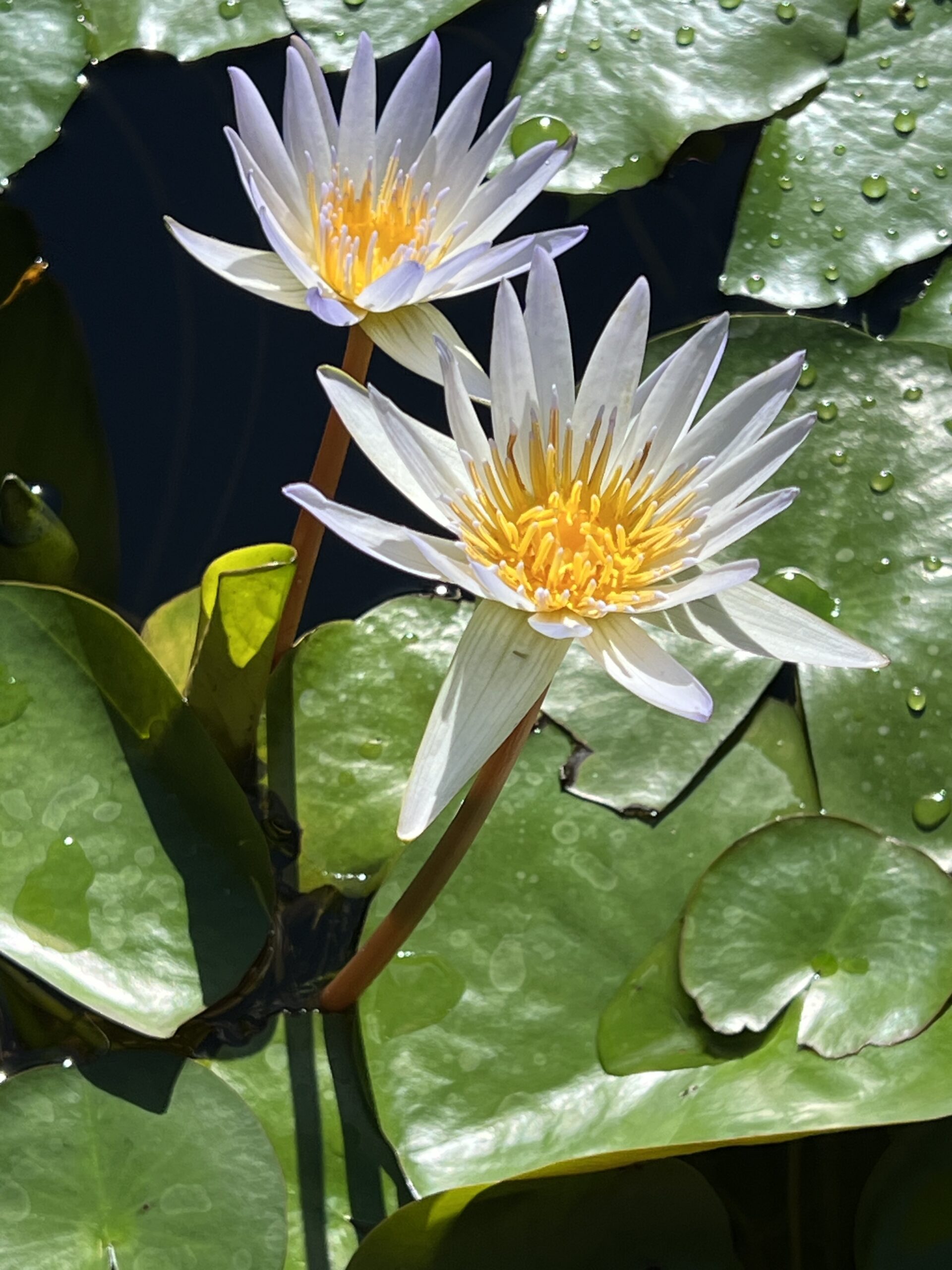WELTSCHMERZ (World Sorrow)
“You said one could be deformed by this country, and yet it seems to me one can only be deformed by the things one does to oneself. It’s not the outside things that deform you, it’s the choices you make. To live anywhere in the world, you must know how to live in Africa. The only thing you can do is love, because it is the only thing that leaves light inside you, instead of the total, obliterating darkness.” (Criena Alcock in My Traitor’s Heart, by Rian Malan)
Wikipedia defines Welt (world) schmerz (pain) as a combination of sadness brought on by witnessing the evils of the world; and the suffering brought on when reality falls far short of one’s standards, expectations or ideals.
In essence these are the same thing, but they differ in degree. It’s undeniable that there exists in the world death, disease, hatred, cruelty, injustice, poverty, and countless other evils. This fact alone can swamp a person in confusion and sorrow. But to experience true Weltschmerz one must be under the illusion that this is NOT how the world is supposed to be. This suggests that somewhere in our collective or individual imagination there “exists” a world that has never actually been. The pundit Travis McGee describes Weltschmerz as “homesickness for a place you have never seen”.
There must be some perceived advantage to this belief, or it wouldn’t be held by so many people. Nonetheless, it needs to be more thoroughly examined to discern whether or not it continues to serve a useful purpose.
From whence do we get our illusions or beliefs? Is there some way to reframe our worldview to include the good, the bad and the ugly that we cannot avoid witnessing? Without becoming cynical and fatalistic, discouraged and defeated? If the point is not to reshape the world to comply with our cherished ideals, in what way might we reshape our minds to embrace the world as it is, and find a purposeful way to exist within it?
In the closing section of his book My Traitor’s Heart, Malan visits a White woman named Creina Alcock, whose life shines like a beacon of hope in a strange and complicated land. Alcock lived on the border of Msinga, a tribal homeland, where she and her husband struggled to build a sustainable rural development project among the local black communities. When Alcock was widowed after her husband was murdered while trying to negotiate peace talks during a tribal disturbance, Criena was pressured by friends and family to abandon the project.
With ample reason to give up on Africa, and humanity in general, Criena instead chose what she called the way of love:
“I felt utterly betrayed by loving. All the things I had ever been told about love just weren’t true. It was all full of false promises. I understood that love was a safety and a protection, and that if you loved you would be rewarded by someone loving you back, or at least not wanting to damage you. But it wasn’t true, any of it. I knew that if I stayed, this was how it was going to be: It would never get any better; it would stay the same, or get worse. I thought, If you’re really going to live in Africa, you have to be able to look at it and say, This is the way of love, down this road: Look at it hard. This is where it is going to lead you.”
Malan, an investigative journalist, chose to focus on Alcock in the closing section of his book in order to shed a glimmer of hope on what otherwise reads like an apocalyptic inevitability. It’s also a cautionary tale for those of us living outside Africa.
Watching TV or reading print media, I too fear that the world is careening towards the obliteration of which Alcock is speaking. So I ask myself: What can I do to reverse this trajectory? What can anyone do to bring about a peaceful resolution? While there’s much to address on so many national and international levels, I can think of no better place to start than in my own back yard. And, thanks to my impending hip surgery, I’ve experienced first-hand the kind of love and care for one’s neighbors (read Aloha and Ohana) that Alcock is talking about.
I can honestly say I’ve never experienced such an outpouring of well-wishes nor such genuine offers of help. Which tells me that love goes both ways — in Alcock’s case, it’s about persistence and forgiveness when our best efforts are met with resistance or rejection. And it’s about loving our neighbors and lending a helping hand in times of need. It’s the strength of conviction that every act, no matter how small, truly matters. And it’s gratitude for all the large and small gestures of Aloha that have come my way. All that remains is to pay it forward, with interest.
“E lei kau, e lei ho’oilo
I ke aloha.”
“Aloha is everlasting,
Worn like a lei throughout all seasons.”
